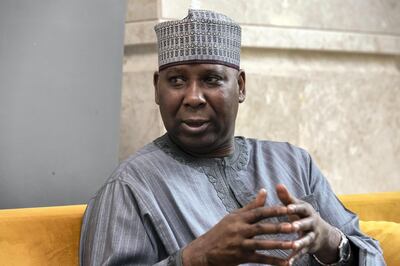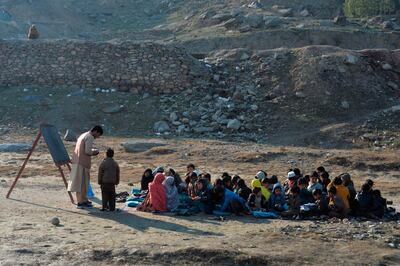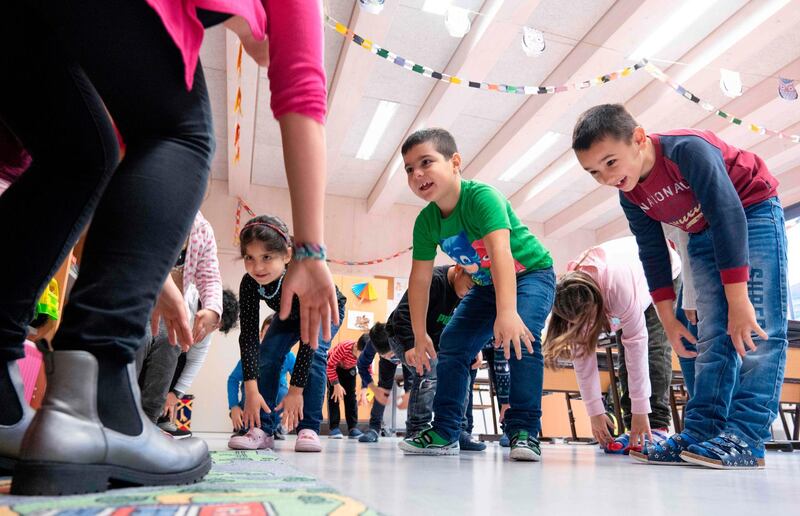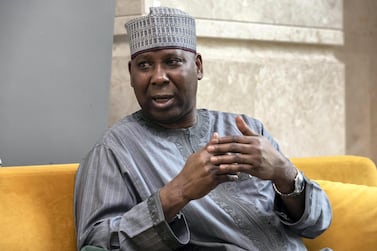As we observe the second anniversary of “International Day of Education” on Friday, it is worth asking whether there is anything pertaining to this most crucial of human endeavours that is worth celebrating. A cursory glance at statistics showing school enrolment rates worldwide suggests progress has indeed been made.
The fact that more children are going to – and staying in – school should itself be a cause for celebration, for the natural outcome of this is higher literacy rates. Today, 86.3 per cent of all males and females who are at least 15 years old are literate. Ninety per cent of all males and 82.7 per cent of all females aged 15 and over can read and write.
This is very good news, but we also have to be mindful of the fact that the education sector is wrestling with huge challenges worldwide.
Among them are the precipitate decline in the quality and standards of education, the failure to factor the workplace’s skills requirements into learning processes and the declining esteem of the teaching profession. There is also a widening knowledge gap between students in technically advanced societies and their counterparts in developing countries. Learning has been an issue in conflict zones and the growing incidence of bullying in schools deserves our attention.
The 2018 Pisa results released by the Organisation for Economic Co-operation and Development underscore the scope and magnitude of the contemporary learning crisis.
According to the comparative survey of learning outcomes in the participating countries, more than 10 million students were unable to complete even the most basic reading tasks. What is intriguing is that those struggling with basic reading were 15-year-old children in 79 high- and middle-income countries. That being said, the study does highlight the link between socio-economic advantage and learning outcomes. “The 10 per cent most socio-economically advantaged students outperformed their 10 per cent most disadvantaged counterparts in reading by 141 score points, on average across OECD countries,” the report said.
If education fails to produce truly literate individuals or to close the digital gap between developed and developing economies, the question is whether it, at least, equips school leavers with the skills they need to adapt to the demands of a rapidly changing world and to fulfil contemporary employment requirements. The typical workplace of today is very much unlike that of the past. By the same token, tomorrow’s workplace will be drastically different from that of yesterday or of today. The skills needed to operate assembly-line processes will be grossly inadequate for an information economy that relies on artificial as well as human intelligence.

And here lies the challenge with the state of contemporary education: it needs to urgently bridge the yawning gap between the modern workplace’s needs for specialised skills, on the one hand, and actual learning opportunities, on the other. School curriculum have yet to anticipate and respond to workplace needs for a variety of hands-on, vocational and technical skills – especially in the field of information and communications technology – while continuing to advance traditional scholastic pursuits.
The significance of the deficits in education outcome becomes obvious when viewed alongside the spiralling population crisis. Estimates by the Global Business Coalition for Education – a movement involving businesses committed to ending the global education crisis – suggest that by 2030, there will be 1.5 billion school-age children in low- and middle-income countries. If the trend continues, more than 50 per cent – or 880 million children – will not have the skills they need to be productive members of society. Countries with rapidly growing youth populations, especially the low-income countries in sub-Saharan Africa and the Middle East, will not be on track to acquire the skills they need to succeed in the workplace of 2030.
Exacerbating the mismatch between school curriculum and workplace demands are the other deficits that education has not adequately bridged. Notable among them are social-skills gaps, meaning the gaps in inter-personal and inter-cultural relations proficiency. It is important to point out that the cause of peace and security cannot be served until humans in every part of the globe realise that they share a common destiny and that they are obliged to co-exist with one another regardless of cultural and other differences. Crucial as this might be, education for global citizenship is unfortunately still at a rudimentary stage.
We have thus far focused on education in relatively normal environments. The fate of school children trapped in conflict zones is deserving of even more urgent attention. According to Unicef, 500 attacks were staged on schools in 20 countries worldwide in 2017. In 15 of the 20 countries, government troops and rebel forces virtually commandeered schools and turned them into military posts. Thousands of children were recruited into fighting forces, made to serve as suicide bombers, or forced to endure direct attacks. The learning environment might also be rendered unsafe by gun-toting, machete-wielding gangs and unruly youths as well as sexual predators on school premises.

Natural disasters pose additional threats to the learning environment. Cyclones, hurricanes and storms are among weather and climatic conditions that periodically wreak havoc on school buildings and facilities and, by so doing, make learning difficult, if not impossible.
The choices that education stakeholders make have a direct impact on various social groups, especially such disadvantaged groups as rural communities, the urban poor, persons with disabilities and women. With regard to the last category, it is significant to note that nearly two-thirds of all illiterate adults in the world are female, the majority of whom are in under-developed countries. Choice also becomes critical as the education sector struggles with how to elevate the status of the teaching profession, recruit competent and highly motivated teachers and expose teachers to innovative teaching techniques.
Fortunately, the gloomy picture painted earlier has its bright spots as well. For instance, forward-looking education policies put in place in some countries have led them to achieve the Sustainable Development Goal targets adopted by the UN in 2015.
Against the background I have just described – and considering the importance I had attached to inclusive quality education in my vision for the 74th session of the United Nations General Assembly last year – my office, in collaboration with other partners, picked a theme for this year's International Day of Education: "aligning inclusive quality education policies with Sustainable Development Goals".
I expect we will be continuing the conversation on this very important issue in Friday’s interactive dialogue at the General Assembly to mark the occasion of the International Day of Education. Besides affording an opportunity for networking, the high-level interactive sessions will no doubt enable participants to share their best practices in pursuit of our goal of making inclusive quality education a reality for everyone on the planet.
Tijjani Muhammad-Bande is president of the United Nations General Assembly






